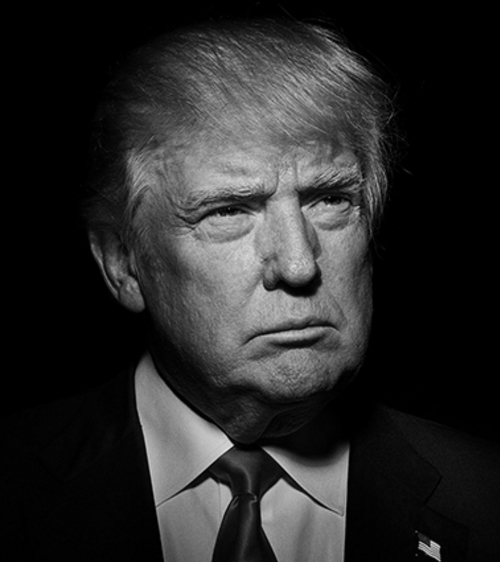December 08, 2017
The pharmaceuticals and biotechnology stocks retreated sharply today, as Trump was quoted in a Time magazine “Person of the Year” article as being upset about the high drug prices and doing something about them.

I’m going to bring down drug prices. I don’t like what has happened with drug prices.
President-Elect Donald Trump in Time magazine, December 2016
The Biotechnology index represented by large-cap focused IBB shrank 3%, and the midcap/smallcap focused XBI retreated 4% for the day.
Minimal price regulation is an important foundation of a bullish thesis for the biotech and pharmaceutical sectors. We believe a Republican-controlled Congress will remain highly skeptic of setting or managing biotech prices. Nonetheless, there is a growing alarm over meteoric price rises of some drugs. A President elected on a generally populist message can find great empathy in this cause. Consequently, any news of a sharp price increase can lead to a Twitter barrage from the President-elect that can be vicious.
Where The Industry May Be Heading Towards?
Even if no legislation is passed, just the threat of Presidential tweeting can force companies to rethink their price increases.
In other words, Self-regulation.
Towards that extent, a few industry leaders have already begun to reveal their inclination.
On December 1 at the Forbes Healthcare Summit, Regeneron CEO had this to say about sharp and multiple prices increases by some industry participants instead of focusing on innovation:


It’s ridiculous. I hate us also when I see all this stuff.
Leonard Schleifer, CEO
Regeneron Pharmaceuticals Inc
At the same conference, Allergan Plc CEO Brent Saunders cautioned the industry about a false sense of relief, and said:


If our industry can self-regulate on pricing, we can all focus on investing in innovative medicines and cures and move the pricing discussion to the back burner. I think everyone, especially the patient, is better off if that happens.
Brent Saunders, CEO
Allergan Plc
Allergan’s Saunders has already made a pricing pledge that limits increases; Lars Rebien Sorensen, CEO of giant Danish pharmaceutical Novo Nordisk also said recently that his company will cap increases.
So a very early shift towards self-regulation has begun to occur at the top echelons, and we believe this may be the compromise that builds up momentum and preserves the industry innovation that is required in new drug discovery.
What Does This Mean For Biotechnology Stocks?
There is an institutional reluctance embedded within the Republican party towards the Government negotiating prices directly with pharmaceutical companies, as well as allowing patients to re-import US manufactured drugs from abroad at lower prices. This is a viewpoint which has been held by Republican Representative Tom Price who has been selected to lead the Department of Health and Human Services.
There appears insufficient momentum within the Republican administration to push through a drug price regulation bill. In addition, there are bigger platform issues to be focused on as the new administration takes over – immigration, trade deals, Affordable Healthcare Act, etc. In the meantime, we will see the industry now more cautious about price increases that may appear as price-gouging, as well as self-regulating itself.
So from a policy standpoint, nothing appears to have changed at this time.
Nonetheless, knowing the new President’s penchant for tweets targeting companies, Carrier and Boeing being early examples, a vicious tweet could be enough to create meaningful volatility, even though legislatively not much is expected to change. In addition, the new President has indicated he wants to do something and this sentiment cannot be dismissed. An industry self-regulation policy or something similar can be good for the President-elect to point towards as successes due to his intervention, as he makes the case for doing something about price increases.
We are of firm belief that the Biotech sector from an investment perspective is better off today than it was prior to the election.
Nonetheless, we also do believe now that the near-term momentum has weakened following the recent comment. This will increase the sector’s risk profile near-term, which can create volatility.
The bullish thesis foundation of less regulation still remains intact, and sector fundamentals remain positive. Strong biotech companies are still attractive and investors will have to look beyond this near-term volatility if they wish to have exposure to the sector.
